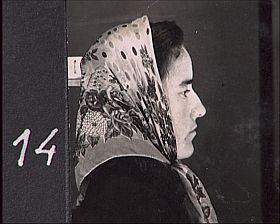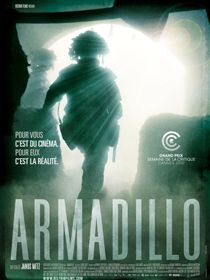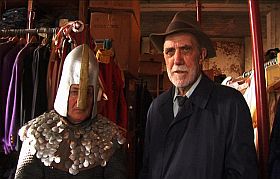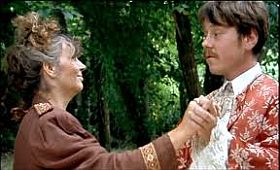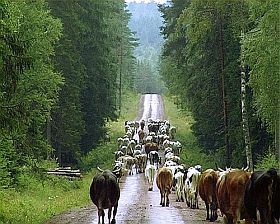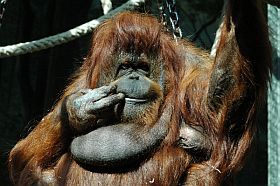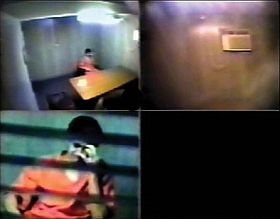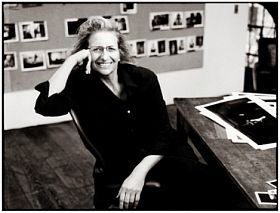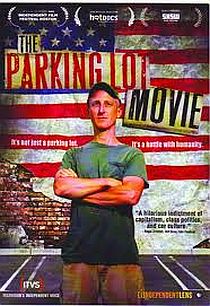Janus Metz’s Armadillo has now been running in theatres in France for over 6 weeks and can still be seen on the big screen around the country until mid-March. So far, the film (originally put out in 26 copies December 15th) has had an audience of 12.570.
According to Distrib Films, the French distributor, who has been very pleased with working with the film, the number of entries does not quite give justice to the success of the film. The film has been showed in important cinemas all over France, is still out there circulating and there has been a lot of positive feedback. The press coverage has been very good, most of the reviews concerned with the moral ambiguity of the film in connection with form, style and content.
Distrib Films is preparing a DVD and Blue-ray release in France for the end of April.
Here are some of the reactions from the French press (my translations and mostly my italics):
Eric Libio, L’Express, December 15th 2010:
“ (…) Armadillo left a deeper impression than imagined at first. […] Fiction or reality? It wasn’t clear to me at the time and this uncertainty added to the slight vagueness, obviously intentional from the director’s part, that positions the viewer not only at the heart of a conflict –literally speaking- but also confronts him or her with the force of the true but nevertheless dramatized images, drawing Armadillo towards a hybrid genre that seeks to replace television reportage, having become unreal – a war, it’s far away and it’s the others – with a documentary sufficiently romanesque [novelistic] to provoke a powerful effect of reality.
I saw Armadillo for the second time, well knowing that it is really a documentary filmed as cinema. Still just as impressive. Because in three layers, it tells the world of today and of all times: war stirs up bestial instincts; the overflow of images transforms reality in to role plays; the imaginary is not virtual and allows us, contrary to the commonly held idea, to confront reality.”
http://www.lexpress.fr/culture/cinema/armadillo-du-lard-ou-de-la-guerre_945208.html
Vincent Malausa, Les Cahiers du Cinéma, December issue 2010:
“… by reducing everything to a matter of style and efficiency (video-game aesthetics, grandiose music, elliptical editing), Metz completely loses the grip on his subject when things really gets out of control, reaching from the given opportunity to question his role as filmmaker – at the time of a battle that turns into a butchery, followed by a debriefing, giddy, racist and triumphantly the same evening– only a relatively nauseating compromise.
[…] this little fantasy of a docu-fiction can be mercilessly dismissed to the compartment of patriotic propaganda spots. Metz probably held here his Redacted [Brian De Palma, 2007], he has accomplished nothing more than a dubious remake of Black Hawk Down [Ridley Scott, 2001] only with real bullets.”
www.cahiersducinema.com (article available on the web only with subscription)
Romain Genissel, Criticat, December 14th 2010:
““For you, it’s a movie, for them it’s reality” says the poster for Armadillo. So blatantly reversible, the catch line wholly determines what is at stake in a film that follows a Danish regiment’s immersion on the Afghan front. Extremely manipulating, Armadillo suggests a form of documentary that through its abstract and concrete depiction allows us to question the relation between soldiers and war, between its images and us. And if one is able to distance oneself from the bias, false at times, of this documenteur [mockumentary], it is intriguing here to assert that the end may justify the means.
[…]
In this way Armadillo constantly questions the place of the spectator by facing him with his own contradictions. The mise en scène of the film is no longer to be understood as just a simple effect of manipulation, but rather it is a way of bringing us, sooner or later, into a position of discomfort and reflexivity. Provided that one is aware of being misled, one realizes that the effects of this mise en scène help to problematize and enrich what a distant and no doubt more ethically acceptable documentary could ever capture.
[…]
The power of Armadillo is to give concrete expression to this inexpressible process and to thus show itself as a fascinating war experience, well beyond geopolitical stakes and any moral ambiguity, probably not quite frankly taken on but very rightly questioned.”
http://www.critikat.com/Armadillo,4482.html
Thomas Sotinel, Le Monde, December 14th 2010:
“… this slightly flashy, testosterone-filled film, is a document of a disconcerting ingenuousness in which military greatness and bondage find their place.”
http://www.lemonde.fr/cinema/article/2010/12/14/armadillo-grandeurs-et-servitudes-du-maintien-de-l-ordre-en-afghanistan_1452941_3476.html
François Forestier, Le Nouvel Observateur, December 2010:
“ “I want you to come out of this film without any certainties”, says Janus Metz. The goal has been reached with accuracy and talent.”
Pierre Murat, Télérama, December 18th 2010:
“The strength of the film comes from this (false) impassiveness. The filmmaker actually revives the art of maieutics, this ancient philosophy – alas, no longer in fashion – that consists of posing the questions without ever imposing the answers.”
http://www.telerama.fr/cinema/films/armadillo,411992,critique.php
Gael Golhen, Première, December 2010:
“The power of Armadillo is exactly to confuse the issue. […] Instead of raw “documentarian” images, Metz has chosen imagery to enter the mind of the soldier and track down the fantasies of man in war. As a result, you’re no longer looking at the conflict, you’re looking at the film the soldiers themselves are making of it and from this point of view, Armadillo is a true bomb!”
http://www.premiere.fr/film/Armadillo/%28affichage%29/press



